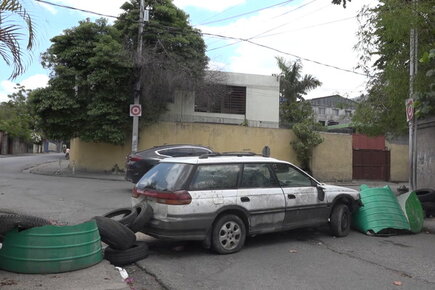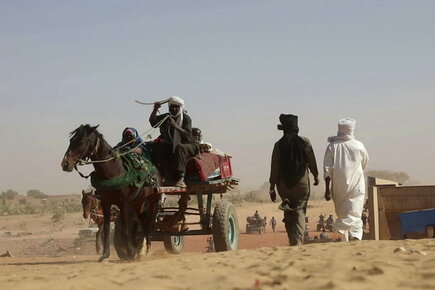El Nino Devastates Zimbabwe's Harvest, WFP Using Satellites to Mitigate Effects of Drought (For the Media)
Zimbabwe is one of a number of countries in southern Africa that has declared a drought disaster this year due to the impact of a strong El Nino weather event which meant reduced rainfall for much of southern Africa late last year and during the early months of this year - the same period as the growing season in the region. In partnership with the European Space Agency, WFP is using data from Sentinel-2 to monitor the effects of climactic changes in agricultural and pastoral areas . This will help WFP plan and respond to climactic events and conditions that can cause poor harvests and hunger. Designed as a two-satellite mission, Sentinel-2 is providing imagery on a five-day revisit cycle. Sentinel 2 is a polar-orbiting, multispectral high-resolution imaging mission for land monitoring to provide, for example, imagery of vegetation, soil and water cover, inland waterways and coastal areas. Its camera sensor has been designed to detect very specific wavelengths of light that detail the health of plants.



